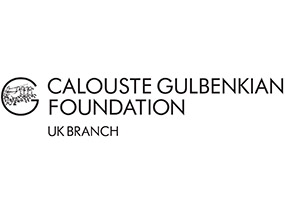On 13th May 2020 the Cultural Governance Alliance (CGA) and Clore Leadership hosted a webinar for which almost 200 cultural leaders from across the UK signed up. The event explored the governance question of the day: in a bid to both survive and thrive, how do you prioritise the future-thinking role of the board during times of crisis?
The session was Chaired by Keith Arrowsmith, with panellists Prue Skene CBE, Althea Efunshile CBE and Louise Mitchell.
This article summarises some of the key points* discussed - the full recording is available to Members of the CGA - join us today if you haven’t already.


